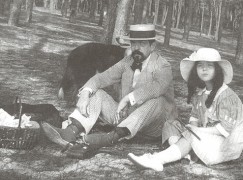Five decades of international isolation allowed an antediluvian style to be conserved on the island.
Cuba’s music was largely uncorrupted by commercialism.
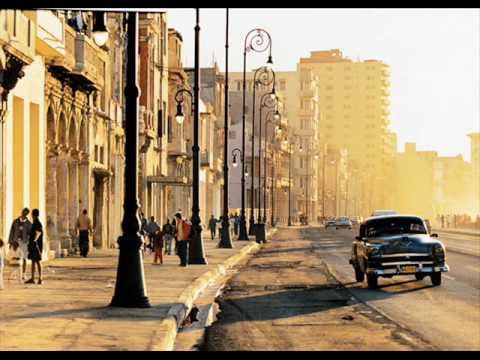
Five decades of international isolation allowed an antediluvian style to be conserved on the island.
Cuba’s music was largely uncorrupted by commercialism.

Placido Domingo has called off his hotly anticipated Havana homecoming tonight, due to the nine days of mourning declared for the death of Fidel Castro.
He is hoping to reschedule in 2017.
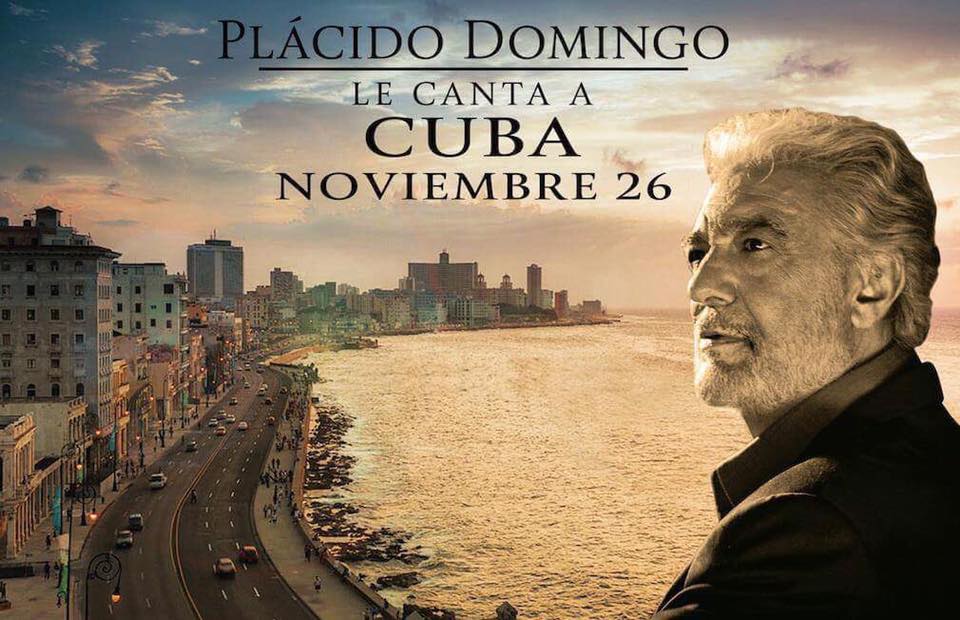
From the Lebrecht Album of the Week:
If you thought of encores as sweetmeats, this album redefines the genre. Each is piece is not so much a cap on the proceedings as a new line of inquiry, a way of keeping all the evening’s music in mind while continuing to explore its possible ramifications.
Read on here.
And here.
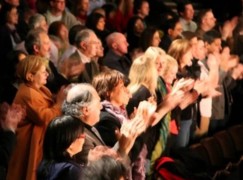
The death has been announced of Pauline Oliveros, a composer of striking originality and a profound philosopher of modern music.
An activist at the San Francisco Tape Music Center, she she coined the term ‘Deep Listening’ and founded the Deep Listening Institute. Aside from electronic music, she was an accordion enthusiast.

From an interview with Bruce Duffie:
BD: So what are the issues that are currently at hand?
PO: It’s the great dispersion that I predicted in my book Software for People, which was that the two factors were the great increase in population — there more people than there ever have been before — and the acceleration of new technology. You really don’t know what’s coming next, exactly. Everyone is always trying to predict and control the future, but I don’t think it’s possible at this time because there are just too many X factors.
BD: So you and your foundation and your music are building the future brick by brick?
PO: Yeah, I would say something like that; or we might take some leaps! But the idea is that we need a context for new work, because it has to do with the quality of life. It has to do with problem solving, understanding the creative nature of the human being, and working with it and accepting it; finding ways to do that. Not just repeating things that have been done before, but to bring some kind of balance in place for the unknown.
BD: Is it at all disappointing that the public isn’t craving the unknown in music?
PO: The public is, but they don’t necessarily know it! [Laughs]
Er, today they just did.
Giulio Ricordi, in Milan, via Salomone.
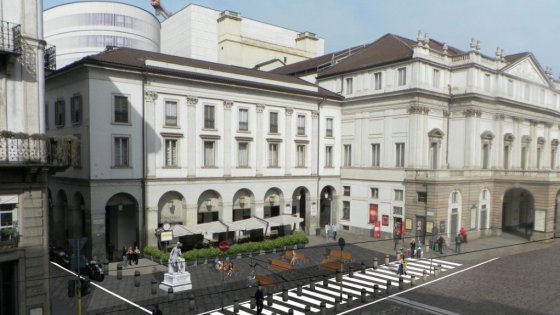
Alexander Vedernikov, music director at the Bolshoi from 2001 to 2009, is to be chief conductor of Royal Danish Opera, starting September 2017.
Vedernikov, 52, is presently chief of the Odense Symphony Orchestra, with whom he is conducting a Wagner Ring.
Artistic director of Royal Danish Opera, Sven Müller, said: ‘We have had the pleasure to work with Alexander Vedernikov for two successful opera productions, Lady Macbeth of Mtsensk and Lohengrin. I was amazed by Alexander’s secure musicality and his craftsmanship as a conductor. In addition, his inspiring, untiring and always solution-finding means of working is exactly what it takes to make big opera productions come together. The evenings conducted by him were special and I believe Alexander will stand for high musical quality at the Royal Danish Opera.’

photo: Marco Borggreve
Al Caiola, a guitarist who recorded hit versions of The Magnificent Seven themse and of the NBC series Bonanza, has died at 96.
Caiola was one of the busiest pluckers in New York, making records with Buddy Holly, Frank Sinatra, Elvis Presley, Johnny Mathis, Simon and Garfunkel, Sarah Vaughan, Glen Campbell and Rosemary Clooney.
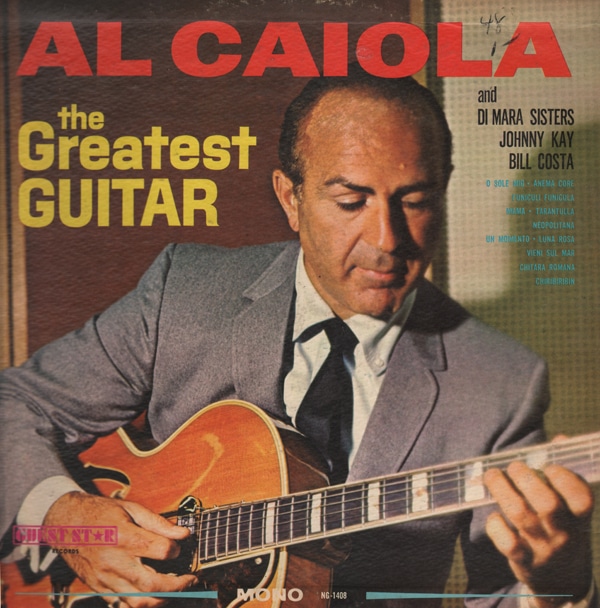
Only the second half of the headline is true, but it is every bit as uncommon as the first.
The case is being heard today in a Baden-Baden court of a man who punched a concertgoer in the face.
Details are skimpy, but it is reported that a ticket holder at the Festpielhaus rose during the encores and began clapping rhythmically. The man behind him asked him to sit down.
Words were exchanged, then blows. The man behind took one in the face.
Be careful out there.
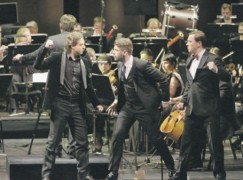
(unrelated image)
He will conduct the Staatskapelle at Carnegie Hall in the complete symphonies in January.
Announcement:
24.11.2016 | Januar 2017: Daniel Barenboim und die Staatskapelle Berlin bringen in der New Yorker Carnegie Hall erstmals in der nordamerikanischen Musikgeschichte den kompletten Bruckner-Zyklus zur Aufführung<
Vom 19. bis 29. Januar 2017 kehren die Staatskapelle Berlin und Daniel Barenboim nach einer Pause von acht Jahren an die Carnegie Hall zurück, um dort zum ersten Mal in der nordamerikanischen Musikgeschichte alle neun Bruckner-Sinfonien über einen Zeitraum von nur elf Tagen aufzuführen.
In ihrer 175. Saison als Sinfonieorchester reisen über 120 Musikerinnen und Musiker nach New York, um diesen »musikalischen Marathon« zu realisieren. »I was fascinated by the Bruckner universe, which gave me the feeling that he’d traveled over several centuries. The form is really Baroque, classical Baroque; the musical language is post-Romantic, post-Wagnerian. And so I felt that in the Bruckner symphonies there was a huge journey through the history of mankind. One often talks about the architecture of the music. But with Bruckner symphonies, sometimes I have the feeling that it goes deeper and deeper, more like an archeological expedition rather than an architectural building.«, so Daniel Barenboim zu seiner Faszination für den österreichischen Komponisten.
Clive Gillinson, Intendant der Carnegie Hall, ergänzt: »We’re thrilled to welcome Daniel Barenboim and the Staatskapelle Berlin. We can’t imagine artists more ideal to take our concertgoers on this extraordinary musical journey«.
Komplettiert wird das Programm durch Mozarts Klavierkonzerte Nr. 20, 22, 23, 24, 26, 27 sowie seine Sinfonia Concertante KV 297b für vier Bläser und die Sinfonia Concertante KV 364 für Violine und Viola mit Gregor Witt (Oboe), Matthias Glander (Klarinette), Ignacio García (Horn), Mathias Baier (Fagott), Wolfram Brandl (Violine) und Yulia Deyneka (Viola) als Solisten.
Für Daniel Barenboim, der in der Doppelfunktion als Dirigent und als Solist am Klavier zu erleben sein wird, steht während der Konzertreise mit seinem 60-jähriges Bühnenjubiläum an der Carnegie Hall ein weiteres besonderes Ereignis an: »I am delighted to return to Carnegie Hall on this occasion, marking the 60th anniversary of my first concert in January 1957. I am particularly happy to do this with Mozart and Bruckner, two composers that have been very important for me in past programmes at Carnegie Hall with different orchestras. To now come with the Staatskapelle Berlin with whom I have done the cycle several times is a very special joy for me.«

We reported the theft from Marion Ralincourt’s house at Fontainebleau ten days ago.
Today, thanks to everyone who spread the word and some smart police work, the flutes have been returned.
Marion writes:
*** HAPPY END!!! ***
Au terme d’une haletante enquête aux multiples rebondissements, j’ai l’immense joie de partager avec vous l’incroyable nouvelle que l’intégralité de mes flûtes volées a été retrouvée!
Tout ceci grâce à la ténacité et à l’efficacité de la Police de Fontainebleau, mais aussi (ET SURTOUT!) grâce à vous tous. Vos partages et repartages ont été décisifs et ont conduit à l’issue heureuse.
Les réseaux sociaux sont décidément une arme à double tranchant. Mais leur puissance et leur arborescence utilisées à bon escient sont une incroyable expérience.
Je n’aurais pu imaginer plus beau cadeau d’anniversaire que d’aller aujourd’hui, fort symboliquement, récupérer tous mes instruments.
MERCI infiniment pour vos partages et soutiens, qui m’ont permis de vivre cet événement négatif et traumatisant aussi comme une expérience de la générosité et de l’entraide humaines. Par les temps qui courent, c’est réconfortant!
Très sincèrement,
Marion
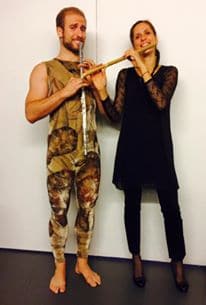
The Royal Opera House reports the death of Paul Findlay, director of the Royal Opera from 1987 to 1993, until he fell out with the chief executive, Jeremy Isaacs.
Paul, a New Zealander, joined the opera house from university. He told me how he would sit gobsmacked at board meetings as great minds like Noel Annan and Sir Isaiah Berlin debated the ethics of running an opera house.
He knew the ROH inside out, as few have done before or since. He discovered Valery Gergiev when he was unknown outside Leningrad and did much to support many artists in their early struggles. He was forever seeking to expand the audience base. Unlike most opera chiefs, he had no ego whatsoever.
Wen he left Covent Garden Paul ran the Royal Philharmonic Orcestra for a while with the late Ewen Balfour, hiring Gergiev as music director.
He was a good, kind, honest man, much liked and sorely missed.
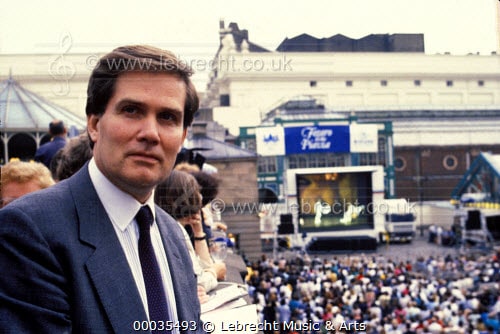
We send deep sympathies to Francoise and the family.
In the new issue of Standpoint magazine, I examine the reasons for my Debussy aversion – and my concern that we are about to be flooded with his music over the next two years.
Sample:
Invitations have begun to land for the centenary year and my wastebin is bulging. Wild fauns will not drag me to Garsington Opera’s new Pelléas production in June, nor to the Vienna State Opera’s revival that same month. If I take the sea air at Eastbourne, I shall give a wide berth to the Grand Hotel, where Debussy wrote most of La Mer. On the Bois du Boulogne, his final home, I shall pay no respects.
My dislike of Debussy — more pronounced than of any other important composer — is as much analytical as it is aesthetic. His denial of meaning is the antithesis of Frankl’s search for meaning, a complacency so far removed from my view of the world that I can do nothing but acknowledge it and move on. Pure music, which begins with Debussy, infects the modernist mainstream to the point where it becomes impermissible to express any message in music. You had only to hear Boulez denounce Shostakovich as “reactionary” to understand how effectively Debussy sanitised music of the possibility of meaning.
Read the full essay here.
